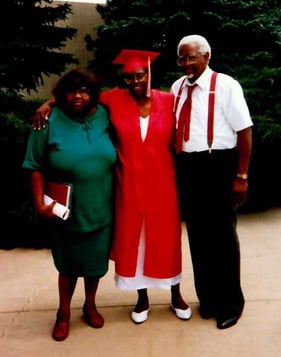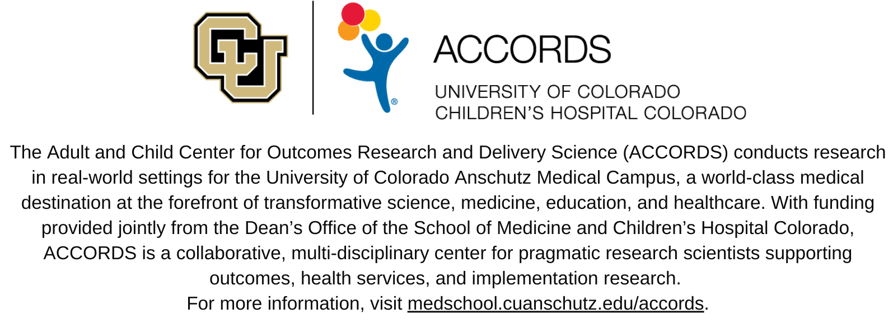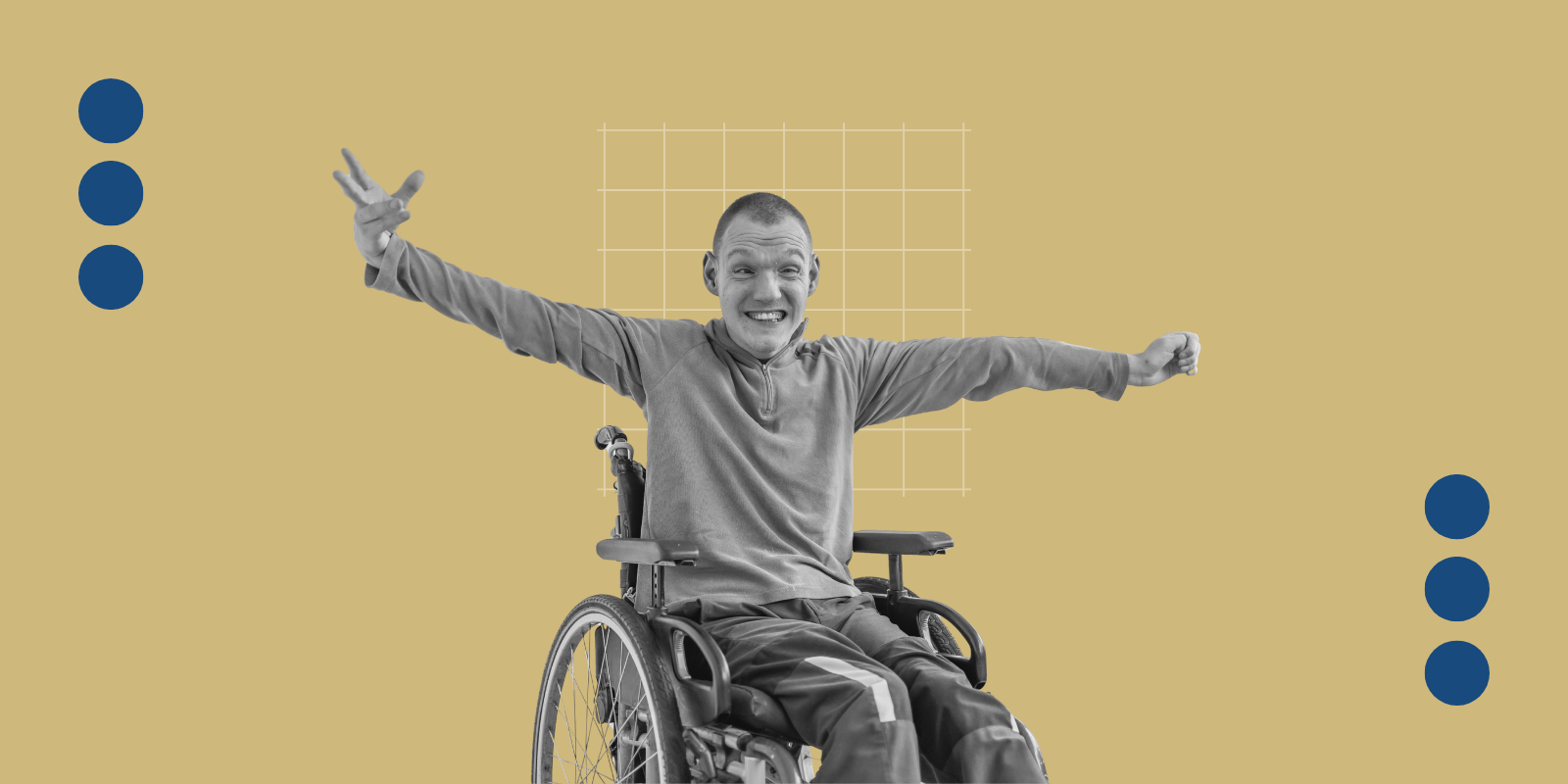At first, Channing Tate’s experience and work in hospice care began out of necessity rather than interest.
While in her early 20s, Channing Tate, PhD, MPH, assistant professor in General Internal Medicine at the CU School of Medicine’s mother became ill and passed away from breast cancer. Tate saw the challenges that her own family had in understanding what hospice was and how it could benefit their family.
“Some of my mother's relatives really were angry when we enrolled her in hospice, which didn't make a lot of sense to me because, why would I do something that was going to hurt my mom?” remembers Tate. “This idea of why communities of color, older Blacks specifically, don't use hospice really started then.”
Helping patients decide on hospice
|
Sarah Tate, Channing's mother and inspiration. |
Tate, who recently received the University of Colorado Cancer Center's Rising Star in Research Endowed Chair, is an alum of the Colorado School of Public Health and received her doctorate from the Health & Behavioral Sciences program on the downtown campus. In 2015, she began working with Dan Matlock, MD, MPH, director of the Colorado Program for Patient-Centered Decisions at ACCORDS. The two began developing shared decision-making tools for hospice.
These patient decision aids are visual tools (booklets and videos) that help patients and caregivers understand hospice care and help facilitate discussions of care options with providers. The tools are designed to equip patients to feel informed in making decisions about their treatment plans that are consistent with their values and goals.
Tate and Matlock performed a study exploring all freely available decision aids, discovering that only a couple mentioned hospice as a tangent – none that mentioned hospice as the primary consideration for patients and caregivers. After holding focus groups with hospice patients, family caregivers, and hospice providers, Tate and Matlock developed a hospice decision aid around four important themes concerning the topic: What is hospice? Why do they need it? How do they pay for it? And where do they get it?
Creating the tool
The one-of-a-kind decision aid includes a 12-page booklet and a 17-minute video with patient testimonials. It is freely available and is primarily distributed through word of mouth, direct inquiry, and presentations at professional conferences and meetings.
Ready to begin her dissertation, Tate then focused on the Black community and understanding barriers to hospice use, specifically in the Black community. “I looked at issues including stereotype threat, distrust in healthcare, and perceived racism to see if that might play into why people avoid hospice,” said Tate. “I also looked at knowledge of hospice, opinions of hospice, and decision self-efficacy (somebody's ability to feel like they can make a decision about hospice care).”
Literature says that communities of color do not use hospice because they desire more aggressive treatment options. Religion and culture, among others, are barriers to hospice use. However, Tate’s study found that the real barrier is knowledge. Once her study participants looked at the decision aid, they gained a better understanding of what hospice care is, and their knowledge of hospice went up, as did their opinions of hospice and their decision self-efficacy.
“Patients felt like they were better able to have conversations with their clinicians and their family members about their wishes at the end of life,” said Tate.
Expanding their reach

Tate with her parents at her high school graduation. |
Her dissertation study was very small, only working with 144 older Black adults who were central to the Denver Metro Area. Tate is now working on preparing a K-level career development award where she wants to replicate this study with a nationally representative sample of older Black adults.
Tate is focusing directly on educating healthy adults on hospice care. “When you're trying to process that your loved one is transitioning, it's not the time to hear about hospice,” said Tate. “This understanding came from a lot of the focus groups that we did. Someone in a focus group made a comment, ‘When I turn 65 and I get that big packet of stuff from Medicare, this decision aid should be in there so I'm at least aware.’"
“One of the big barriers that people don't understand about hospice is how it's paid for,” said Tate. “People don't realize that hospice is a Medicare benefit and Medicare pays 100%. We’re enrolling people aged at least 65, those who are Medicare eligible, to take concerns about the cost piece off the table.”
Tate’s hope is that whenever the time comes for someone to transition their or someone else’s care, those individuals might have access to her work. She wants the participants in her study and beyond to know about hospice and be able to make an informed decision before a time of crisis.


.bmp)
.jpg)


